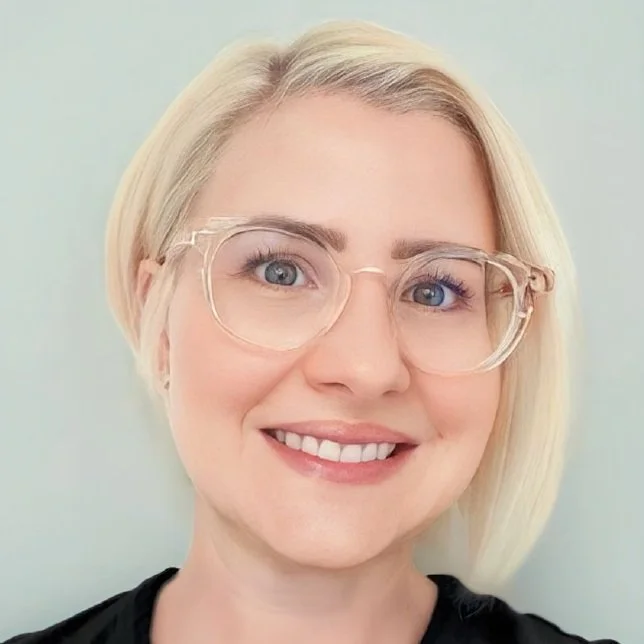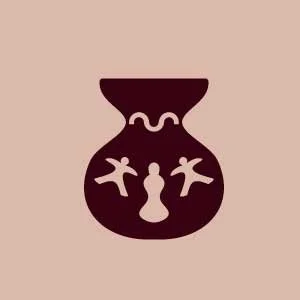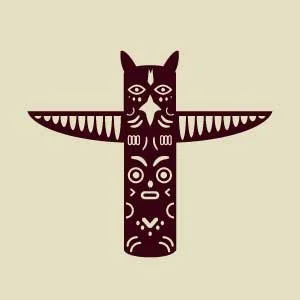Welcome to our new blog series highlighting the work of our Azrieli CHILD-BRIGHT postdoctoral fellows!
Within the various research projects underway at the CHILD-BRIGHT Network, postdoctoral fellows play a crucial role. This year, thanks to the generous contribution of the Azrieli Foundation, we’re delighted to welcome a new cohort of up-and-coming scientists who are passionate about patient-oriented research (POR) and its incredible potential in the study of pediatric brain-based developmental disabilities. In the next few weeks, we’ll be showcasing each of our postdocs and the pivotal work they’re doing at CHILD-BRIGHT, across Canada.
CHILD-BRIGHT COACHING project
Sam Noyek (she/her)
Postdoctoral fellow | Department of Pediatrics and Child Health, University of Manitoba
Sam is delighted to be joining the CHILD-BRIGHT Coaching project, supervised by co-principal investigator (PI) Kristy Wittmeier.
CHILD-BRIGHT Coaching is the second half of a two-part project. In Phase 1, co-PIs Annette Majnemer and Maureen O'Donnell and the BRIGHT Coaching research team partnered with Canadian health care providers and caregivers to develop an innovative virtual coaching program for parents of preschool children with emerging developmental delays. The goal was to empower families and provide caregivers with the skills needed to optimally support their child while waiting for a diagnosis or interventions. Now in Phase 2, the CHILD-BRIGHT Coaching team is studying how this program can be successfully implemented in four provinces.
“My research has always involved patient-oriented approaches,” says Sam. On this project, her responsibilities are wide-ranging. In addition to being involved in the writing of research manuscripts, she’s facilitating discussion groups on how the evidence generated in Phase 1 can be used in real-world settings—an essential part of this implementation science-focused Phase 2 project. She’s also looking into potential barriers and facilitators to implementation and building relationships with Indigenous partners to explore the cultural safety and appropriateness of the virtual coaching program.
“I believe that conducting research alongside persons with lived experience makes research all-around better and more meaningful!”
As a qualitative researcher (i.e., a researcher who studies people’s behaviour and perceptions), Sam is passionate about understanding the lived experiences of often overlooked groups, specifically within the health care system. She believes that approaching patient experiences from a holistic perspective is necessary to make real, systemic changes.
“This fellowship is allowing me to gain a deep understanding of implementation science approaches, and how best to apply them,” says Sam. She’s also happy to have the opportunity to work alongside Indigenous partners. “I’m developing a better understanding of non-Western ideologies, and that’s definitely going to influence how I conduct patient-oriented research going forward!”














